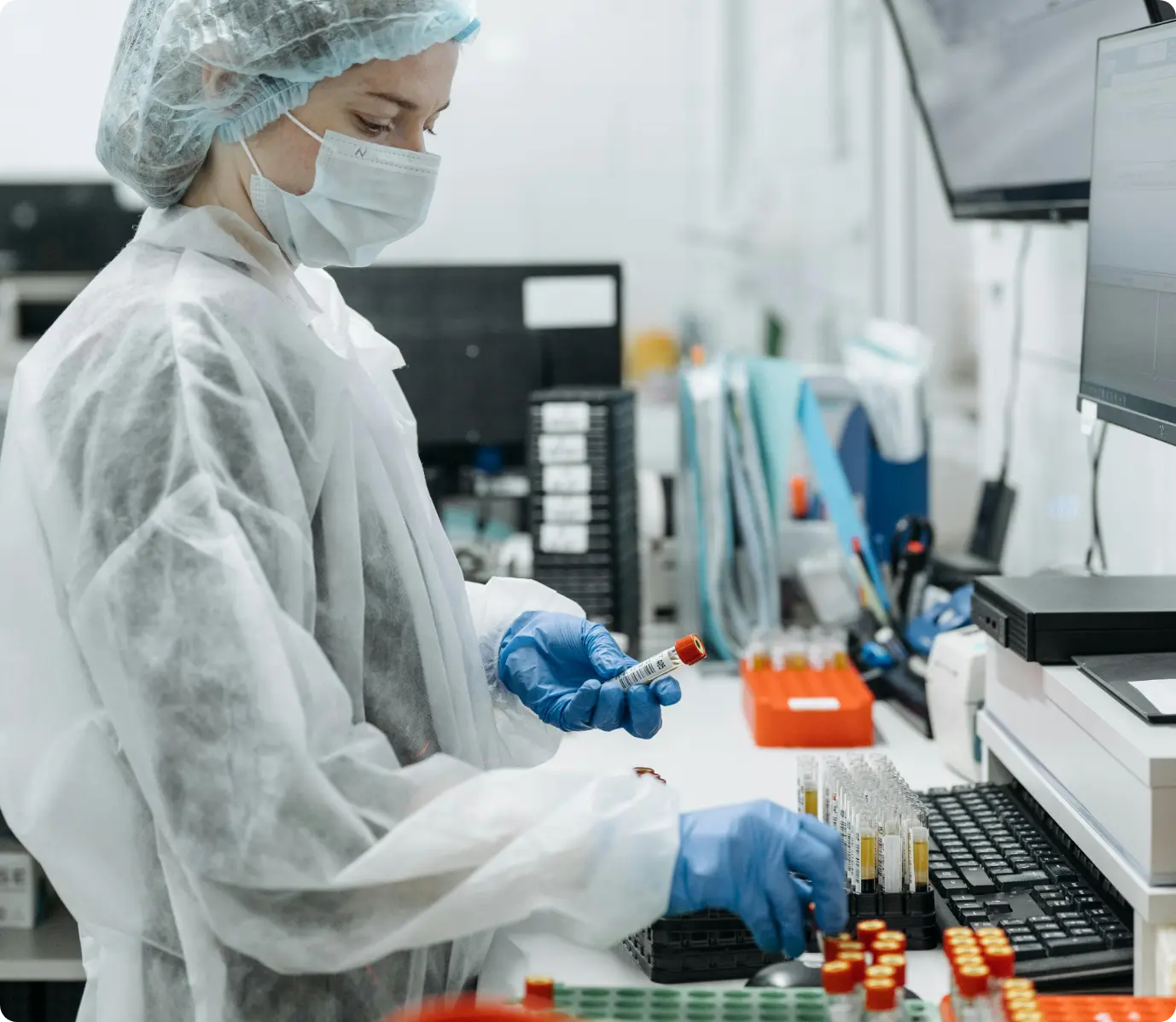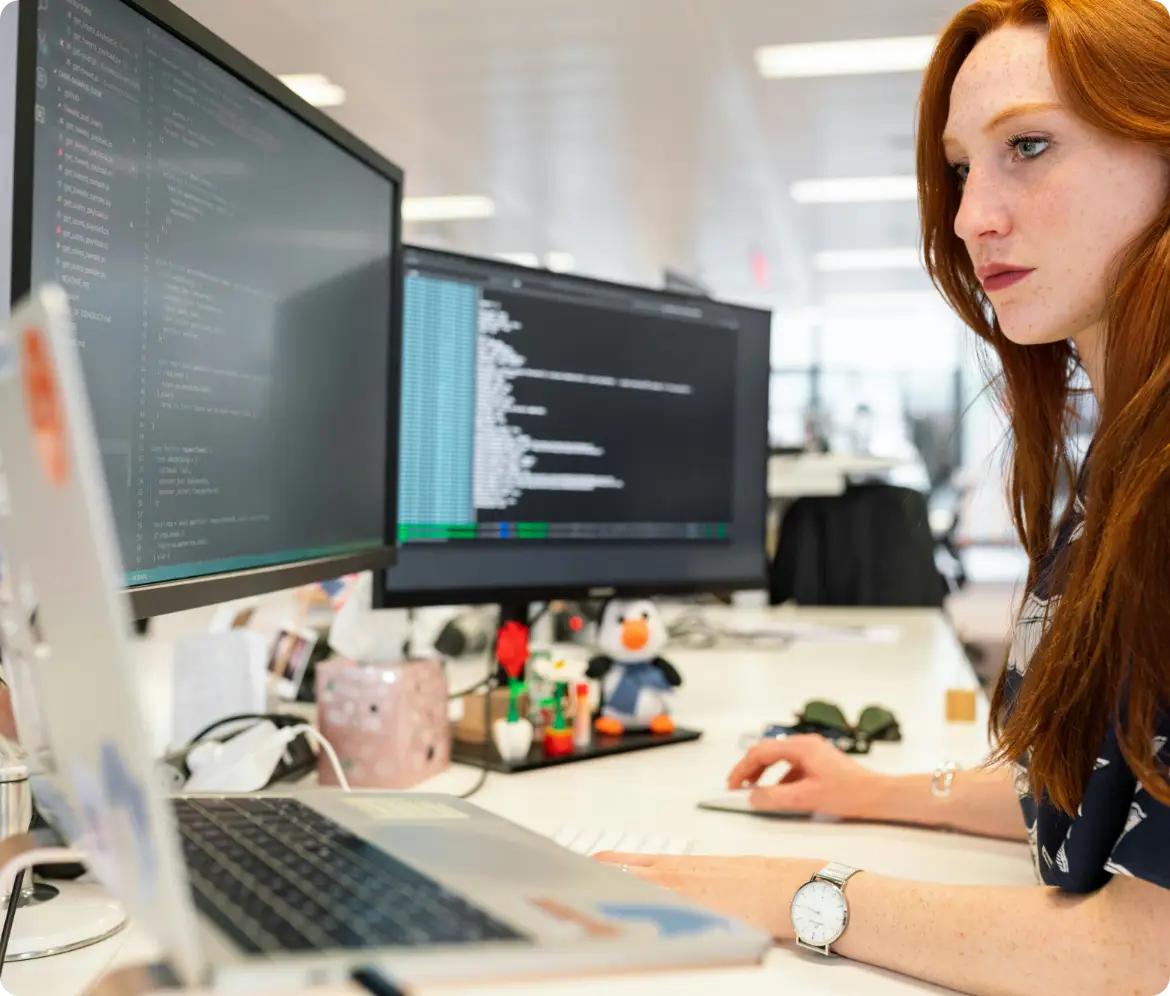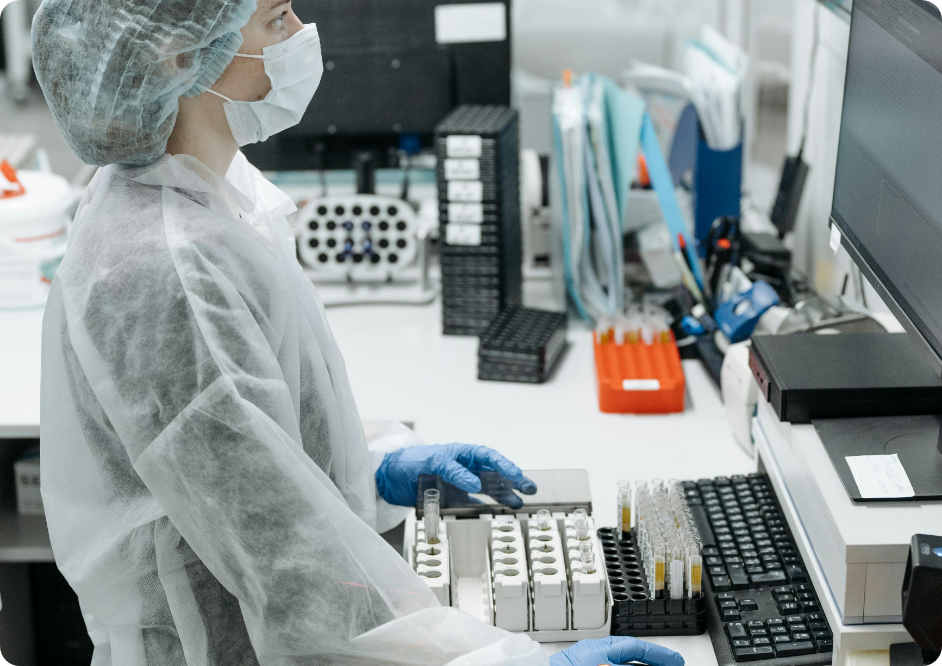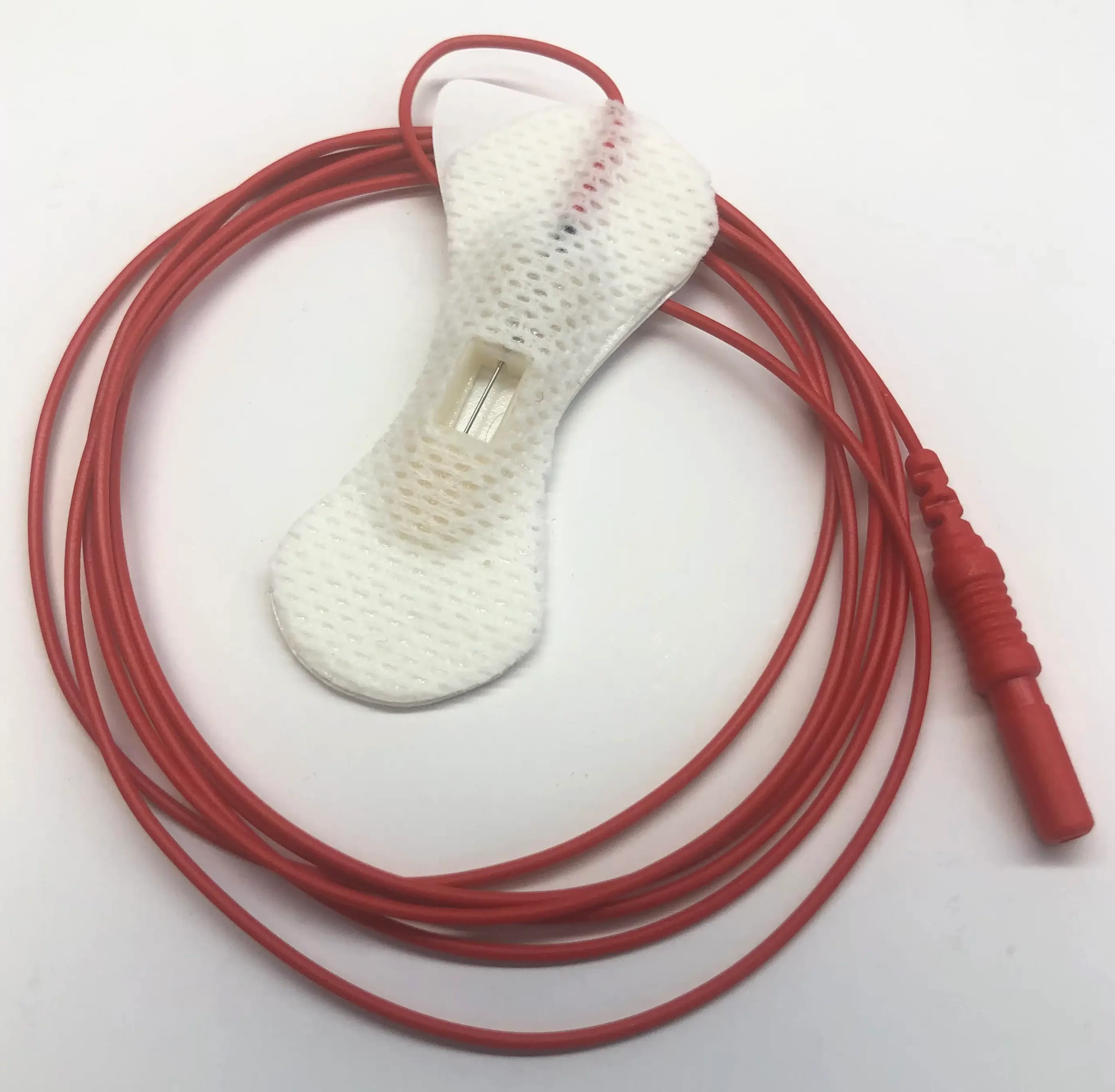Start by sparking creativity within the campus community to generate innovative ideas.
Rigorously assess the scientific, clinical, commercial, and regulatory potential of these ideas.
Secure the intellectual property of promising concepts to safeguard their future.
Move ideas forward by collaboratively transforming them into practical solutions.
Launch these innovations into the market to create real-world impact.



Meet with our in-house engineers to refine, evaluate, or simply brainstorm your ideas.
Your concept doesn't have to be fully formed. We thrive on the sparks of creativity!
A great idea can redefine not just a project, but a person's financial future.
ZI resources are FREE

MUSC’s IP policy applies to inventions within your field of expertise, regardless of when they were created. Compliance with this policy is required for all employees and students.
Public disclosure includes communicating your invention to non-MUSC individuals through published manuscripts, conference presentations, webpages, grand rounds, dissertations, and funded government grants.
Inventors have one year from the date of public disclosure to file a patent application in the U.S. After this period, patenting the invention is no longer possible.
These agreements protect proprietary information before sharing it with others. Without them, even casual conversations can be considered public disclosures, which could limit IP protections.
The Zucker Institute identifies potential commercial partners through various resources and prepares marketing materials. They contact companies to license the invention, secure research sponsorship, hire students, or engage you as a consultant.
We understand that you may have questions regarding our resources and support for researchers. Below are some frequently asked questions to provide you with the insights you need.
We have to provide your home address and citizenship to the USPTO. We also use your home address to mail royalty checks to you.
Under federal law, MUSC is required to report to the Government inventions created under sponsored research. If MUSC decides not to take title to such an invention (that is, decides not to keep it), then the Government has rights to it. Non-Government sponsors may also have intellectual property clauses and obligations attached to such sponsorship with which the Zucker Institute must comply.
In the U.S., an inventor has one year from the date of public disclosure in which to file a patent application. Once that year has passed, the invention cannot be patented.
The MUSC IP policy gives the university rights to anything that you create within your hired field of expertise. It is blind to the time use to work on the innovation. Compliance with the policy is a condition of employment and student status. View the policies.

The Zucker Institute for Innovation Commercialization (ZI) independently evaluates and manages the intellectual
assets owned and generated by MUSC.
© 2025 Zucker Institute for Innovation Commercialization. All rights reserved.
